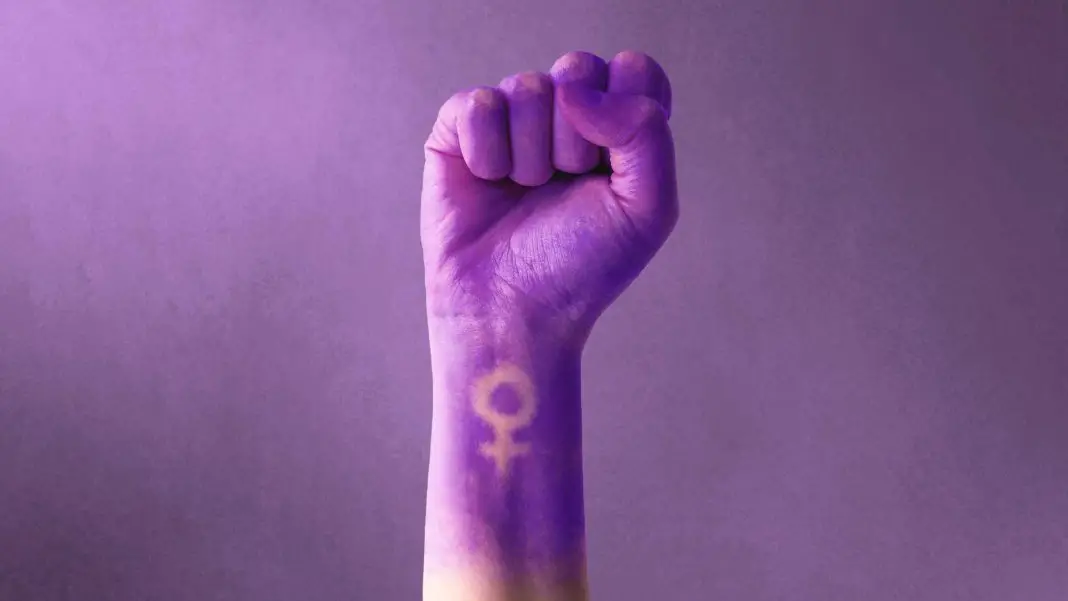Abuse-related crimes are inarguably egregious stains on society, and tragically common. Many in the UK have been subjected to abuse, whether by a spouse, a parent or a perfect stranger. Some instances are little more than minutes long, and some a lifetime in the making; regardless of the specific nature of the crime, though, the months and years following can become defined by it. How do survivors reclaim their rights and powers as an individual, and how can they heal?
Article Content
Understanding the Survivor Experience
For those fortunate enough not to have experienced abuse, whether physical, sexual or emotional, it can be difficult to fully comprehend the magnitude of the experience. Beyond the obvious physical and emotional scars that can result from such injustice, there are long-lasting impacts with which many people can find it difficult to empathise.
Post-Traumatic Stress Disorder, or PTSD, is a common condition contracted by survivors of abuse and can have profound and wide-ranging consequences for individuals attempting to build a life as a survivor. PTSD is the lens through which emotional and psychological struggle is easiest understood, but is only one part of a much more complex and unique whole for each victim.
The Significance of Empowerment
Control is one of the defining aspects of the abuse and survivorship experience. Abusers utilise dynamics of control in numerous ways, whether through physical restraint, emotional blackmail or other forms of coercive control. Incidentally, ‘coercive control’ is now a legally-defined term with precedent, which has saved victims of abuse from disproportionate punitive rulings– as with the landmark case of Sally Challen.
Recontextualising control after an abusive relationship or experience is key to empowering victims. Adjustment to a life outside of coercive control can be difficult, and a careful approach is required – but acknowledgement of control and autonomy is a crucial starting point for the journey to life beyond.
Legal Frameworks
As touched upon above, there are new criminal offences and legal definitions that seek to further enshrine the rights of abuse victims in criminal law. However, they are not robust enough – and the legal infrastructure of the UK is ill-equipped to deal with the volume of claims spanning child, domestic and sexual abuse. Criminal proceedings do not guarantee conviction, and can re-traumatise victims.
There is also the civil route to consider. Justice can take many forms, and not just in the criminal sense; survivors of abuse can seek compensation through abuse claims in civil court, forming a financially punitive measure as well as a form of formal recognition that said abuse occurred.
Healing
Healing from such a profoundly painful experience is not a simple thing, and recovery is never a linear process. Seeking legal recourse can bring closure, but can also be a dramatic event in and of itself. Healing is a multilateral process, requiring attention on all sides. As such, support networks are crucial to strong recovery.

The Urban Woman Magazine Editorial Team is made up of seasoned writers and editors who have a keen eye for detail and a passion for all things urban. We strive to create fresh, original content that appeals to the modern woman. Our mission is to provide a platform for women to share their stories, experiences and opinions on various issues affecting their lives.

